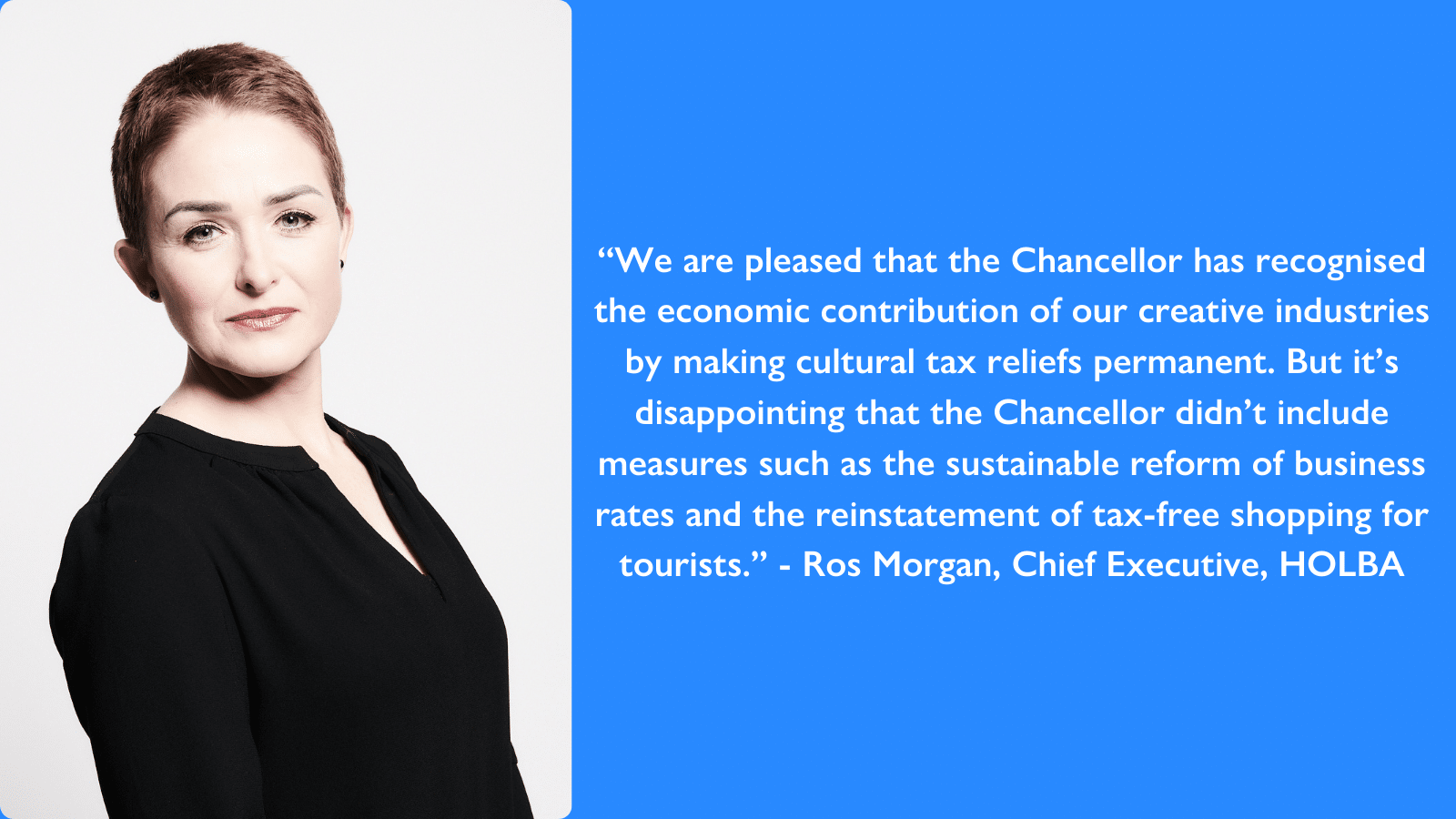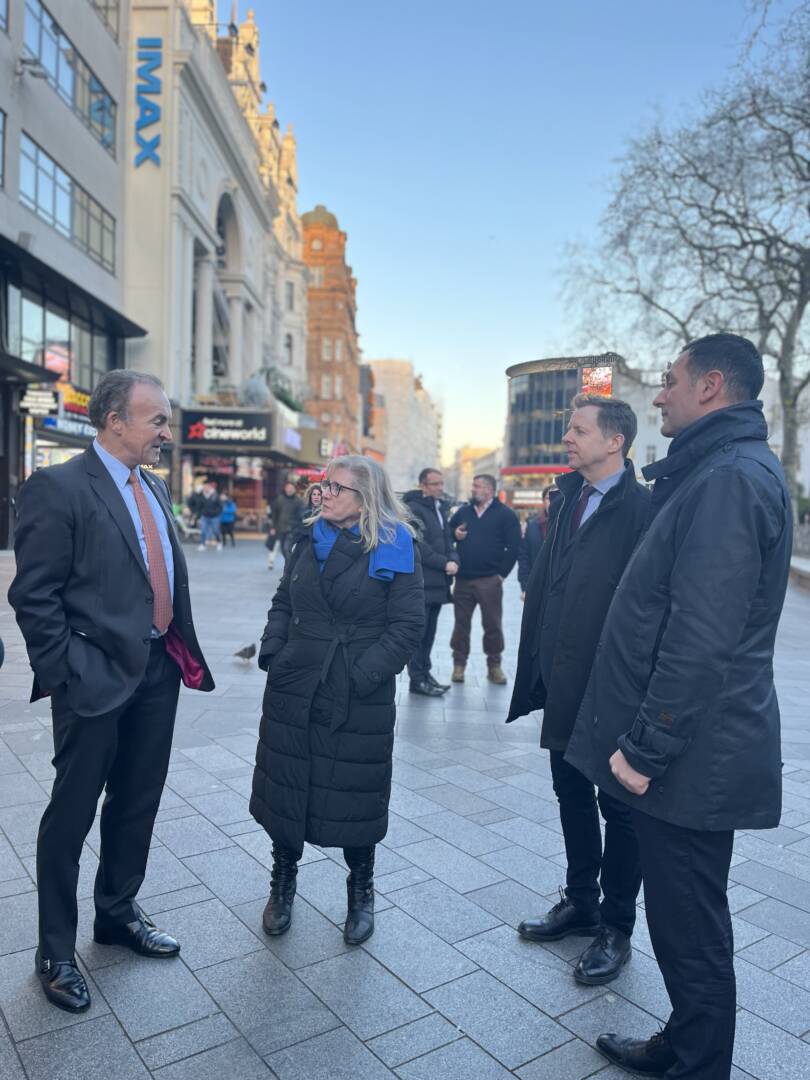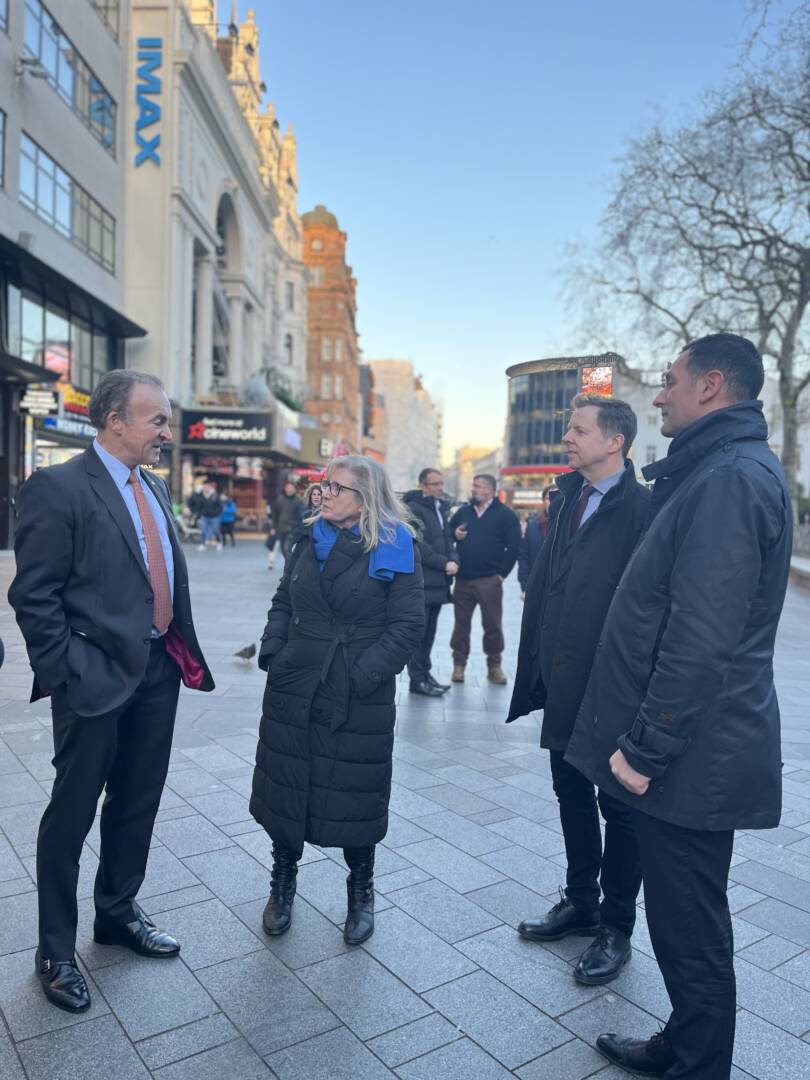Shaping a world class West End

Who we are
Heart of London Business Alliance is a membership organisation representing over 600 businesses and property owners across the Piccadilly, St James’s, Haymarket, Piccadilly Circus, Leicester Square and St Martin’s areas.
Read More
What we do
Our purpose is to protect and promote the commercial and cultural wellbeing of London’s West End, on behalf of our members, cementing its position as the greatest city in the world to live, visit, work, trade and invest.
Read More

















